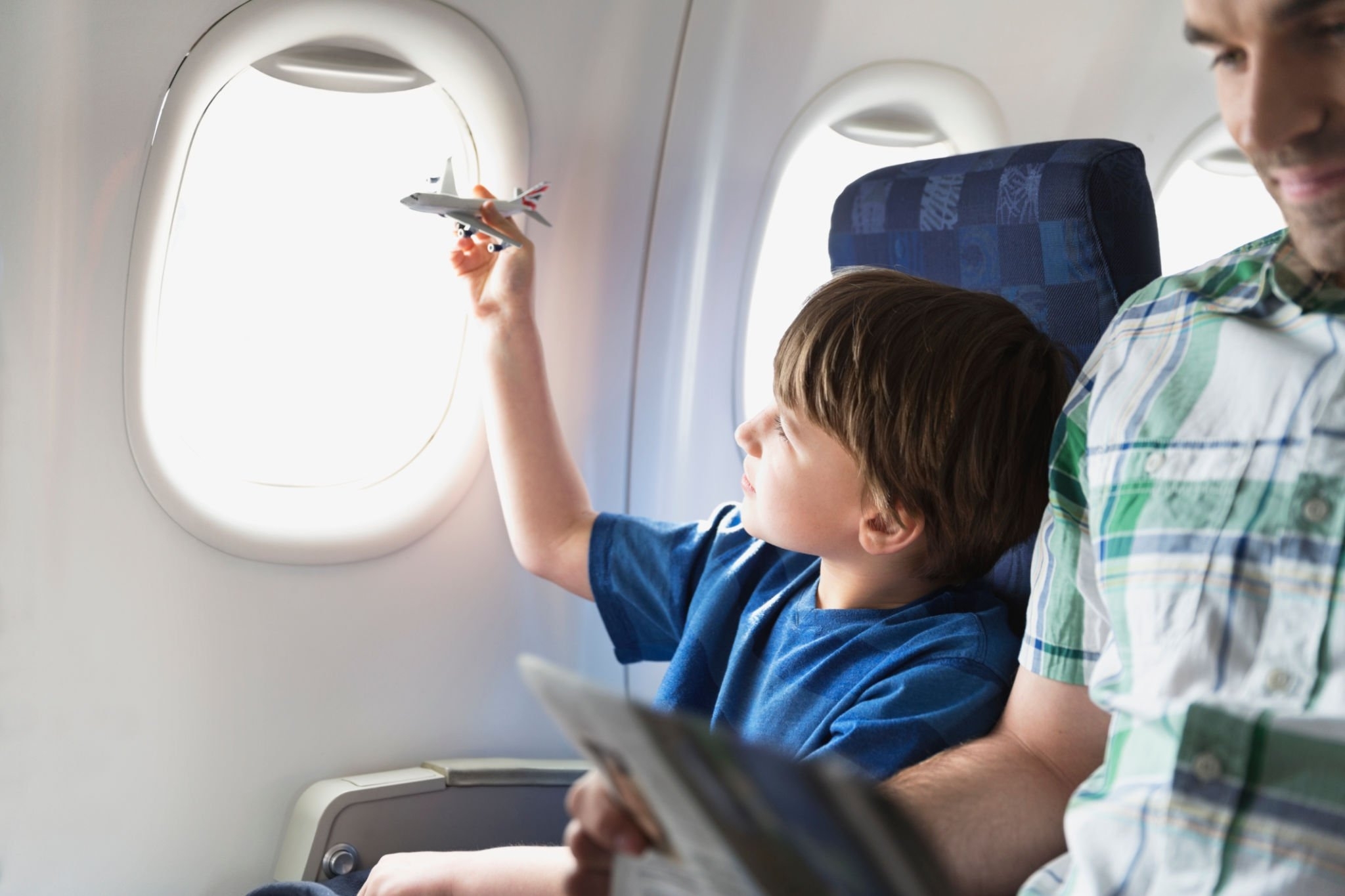Childhood is a formative period of exploration, learning, and growth. One of the most enriching experiences during this phase is traveling. Whether it’s a family vacation, a school trip, or an international adventure, traveling from childhood has a profound impact on children. It opens doors to new cultures, broadens their perspectives, and fosters personal development. In this article, we will explore how traveling from childhood affects children and why it is an invaluable investment in their future.
1. Cultural Awareness and Tolerance:

Traveling exposes children to diverse cultures, languages, traditions, and customs. By immersing themselves in unfamiliar environments, children develop a sense of cultural awareness and appreciation for differences. They learn firsthand that there are multiple ways of living, communicating, and understanding the world. This exposure promotes tolerance, empathy, and respect for people from different backgrounds, ultimately fostering a more inclusive and harmonious society.
2. Global Perspective and Open-mindedness:
Traveling broadens children’s horizons beyond their immediate surroundings. It challenges their preconceived notions and expands their understanding of the world. Through exposure to different landscapes, landmarks, and historical sites, children gain a sense of global perspective. They develop a curiosity to learn about various countries, their history, and their place in the global community. This broader outlook nurtures open-mindedness, adaptability, and an appreciation for the interconnectedness of our world.
3. Intellectual Stimulation and Learning:
Journeys present children with countless opportunities for intellectual stimulation and learning. Exploring new destinations, they encounter unfamiliar flora and fauna, geological formations, and historical artifacts. Children engage in hands-on experiences, sparking their curiosity and nurturing a love for learning. Additionally, travel often involves problem-solving situations, such as navigating unfamiliar environments or communicating in foreign languages. These challenges enhance cognitive abilities, critical thinking skills, and resourcefulness.
4. Independence and Self-confidence:
Traveling from childhood encourages independence and self-confidence. Children learn to adapt to new environments, communicate with strangers, and make decisions outside their comfort zone. By taking responsibility for their actions during travel, they gain a sense of autonomy and self-assurance. They learn to overcome obstacles, develop resilience, and become more self-reliant. These skills foster personal growth and empower children to face challenges confidently throughout their lives.
5. Family Bonds and Emotional Development:
Family vacations create lasting memories and strengthen family bonds. Traveling together fosters quality time, shared experiences, and a sense of adventure. Children feel a sense of security and support when exploring the world with their loved ones. These positive emotional connections contribute to their overall emotional development, nurturing a sense of belonging, trust, and emotional resilience.
Conclusion:
Childhood travel has a transformative impact on children, shaping their perspectives, values, and personal development. It instills cultural awareness, promotes tolerance, and fosters a global mindset. It stimulates intellectual growth, curiosity, and a love for learning. Moreover, traveling encourages independence, self-confidence, and resilience. The memories and experiences gained during childhood travel become a foundation for a well-rounded and culturally aware individual. As parents and educators, investing in childhood travel is an investment in the future, equipping children with the skills and perspectives needed to thrive in an increasingly interconnected and diverse world.




